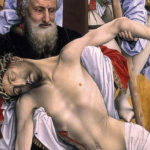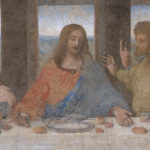
A common idiom from the past is: The road to hell is paved with good intentions. The meaning, of course, is that attempting in sincerity to do the right thing does not assure that the end will be good. Like so many sayings of cultures the statement assumes some contexts that may not be standard experience for many persons. Further, so many sayings have a ring to them that invite careful attention. However, if knowledgeable, we retain more complete understanding that there are limitations, omissions, even errors in such statements unless the agreement between persons is on the same wave length. Even then mutuality may be limited. The saying does embrace a truth that intentions, no matter how honorable, do… Read more






